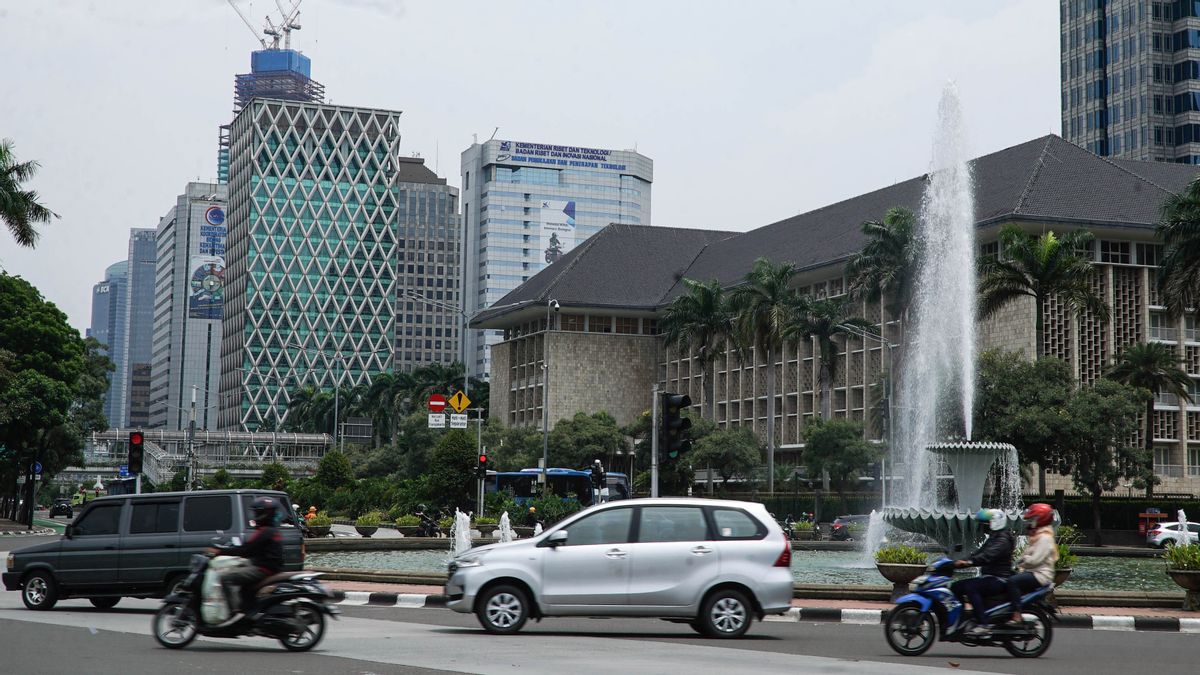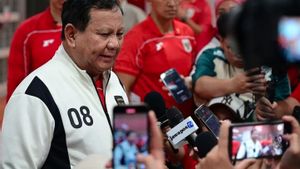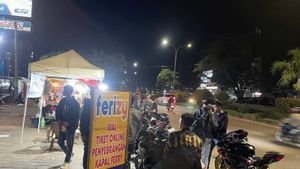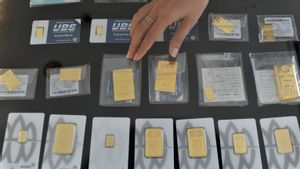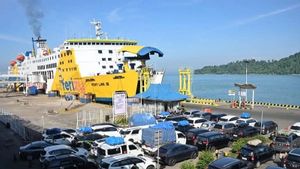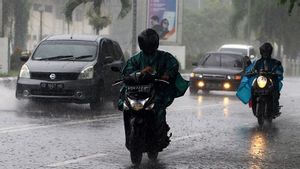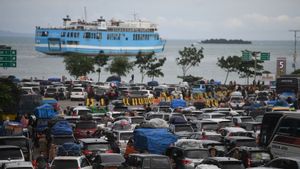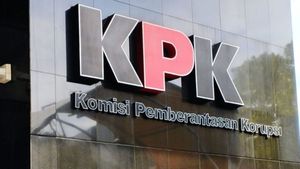JAKARTA - DKI Jakarta Governor Anies Baswedan gathered the ranks of the DKI Regional Leadership Coordination Forum (Forkopimda) last night. The meeting discussed the technical rules for Large-Scale Social Restrictions (PSBB).
As a result, the PSBB was officially implemented on Friday, April 10. Tomorrow, a Governor Regulation (Pergub) regulating PSBB technical matters will be issued. Efforts to prevent the transmission of COVID-19 are valid for 14 days and the application period can be extended.
In general, the implementation of the PSBB is not much different from the policy that Anies has issued gradually since three weeks ago. Among them are calls to work and study from home, to stop religious activities in places of worship, and to restrict transportation.
In addition, Anies also extended the closing period for tourist attractions, both those owned by the DKI Jakarta Provincial Government and the private sector. This is intended to maintain distance or physical distancing . It's just that, this appeal has been based on law enforcement.
"Indeed, we have carried out some of these things in the last three weeks. However, the difference is that yesterday we had no binding regulations. What we will do on the 10th is mainly the enforcement component. Regulations will be drawn up that have binding power to citizens to follow. "said Anies at the City Hall of DKI, Central Jakarta, Tuesday, April 7 evening.
However, there are some additional appeals that clarify the types of activities being affected. Anies said, marriage activities are not prohibited, but must be carried out at the Office of Religious Affairs (KUA). Meanwhile, reception celebrations are prohibited. Then, circumcision or circumcision activities are also still allowed, but are prohibited from being celebrated.

Exception
Anies determined that the eight business activities (offices) that have been exempted will be stopped. This business sector is still allowed to operate and carry out activities outside the home, namely:
1. health
2. food
3. energy such as water, gas, electricity, and fuel
4. communication and media services
5. finance and banking, including the capital market
6. logistics distribution of goods
7. daily necessities and retail such as grocery stalls
8. strategic industrial sector in the capital city

"In the health sector, those who are still allowed to continue their activities are not only hospitals or clinics. This includes the health industry, such as the industry producing soap and the business of producing disinfectants," Anies explained.
Likewise with social organization activities. Social organizations related to handling COVID-19 can continue their activities as usual. Usually, they are zakat management institutions, social assistance management agencies or NGOs in the health sector.
"For exempt sectors, they must carry out activities by following the procedures for handling COVID-19. There is physical distancing , requiring the use of masks, and carrying out routine hand washing," he said.
Public transportation restrictions
Restrictions on public transportation such as Transjakarta, MRT, LRT, and Jaklingko have been tightened. The operational hours of transportation managed by the DKI Jakarta Provincial Government have been shortened, starting from 06.00 to 18.00 WIB. Then, the number of passengers in one bus or carriage is also reduced. Its capacity is reduced by 50 percent.
"For example, a bus can be filled with 50 passengers, then only 25 passengers can be in one bus. So, we do not allow the full, but only 50 percent. This applies to all public vehicles operating in Jakarta," said Anies.
Then, for the operation of online taxis and conventional taxis, there will be restrictions on the number of passengers per vehicle. Meanwhile, online motorcycle taxis can only deliver goods and food.

Meanwhile, private vehicles are not prohibited from entering and leaving DKI. Private vehicles can carry out activities as usual, but there must be physical distancing .
"Later it will be regulated in detail, but there will be a limitation on the number of passengers per vehicle ... We do not limit logistics activities, because we want people to have their needs met. However, we follow the principle of limitation," explained Anies.
Sanctions depend on the police
There is one important note delivered by Anies regarding the application of physical distancing for DKI residents. When the PSBB is implemented, no crowds of more than five people are allowed in an activity.
"We will take firm action. Provincial government, TNI and police will carry out control activities and also ensure that all the provisions of the PSBB are followed by the whole community," said Anies.
Anies did not explain what form of firm action was taken by security forces who did not comply with the call for distance. Regarding the sanctions for residents who violate, Anies handed over to the authorities. "(The matter of sanctions) can be immediately enforced in the field," said Anies.
The English, Chinese, Japanese, Arabic, and French versions are automatically generated by the AI. So there may still be inaccuracies in translating, please always see Indonesian as our main language. (system supported by DigitalSiber.id)
